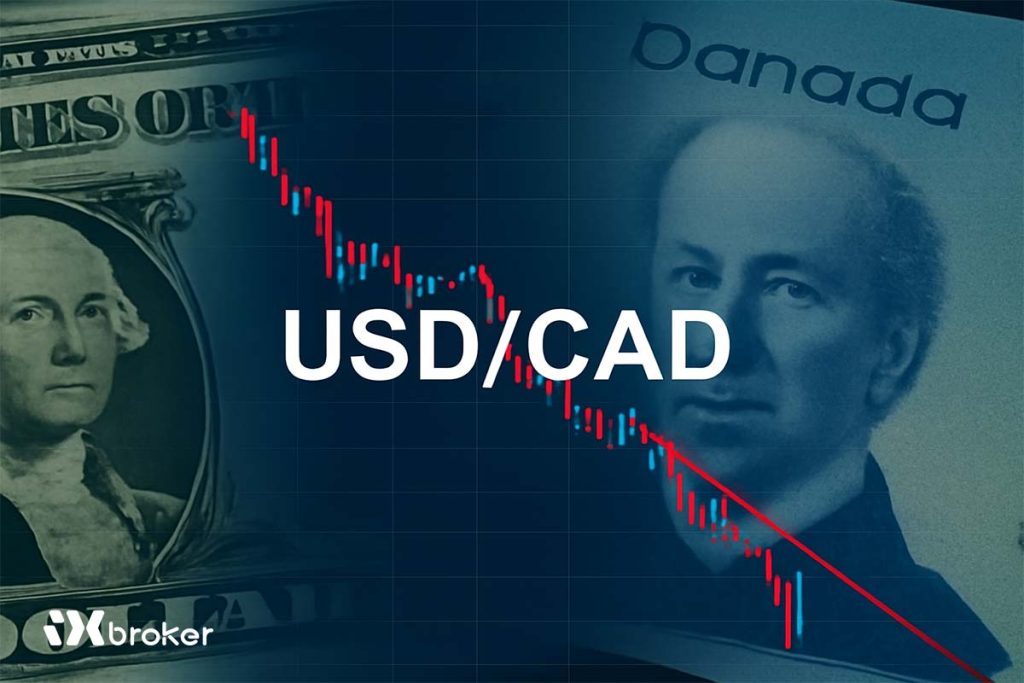Japanese government bonds faced a sharp sell-off Monday, with yields on long-term debt surging to multi-year highs, as investors grew increasingly anxious over fiscal risks ahead of the country’s upper house election on July 20.
Record Yield Spikes Reflect Growing Fiscal Doubts
Investors witnessed an aggressive move higher in Japan’s long-dated bond yields, mirroring the volatility that rattled global debt markets in May. On Monday, Japan’s 30-year government bond yield leapt 13 basis points to 3.17%, closing in on its recent record high of 3.185%. The 20-year yield climbed as much as 12.5 basis points to 2.625%—marking its highest level since 2000—while the 40-year surged 17 basis points to 3.495%. The 10-year yield also rose, gaining 7.5 basis points to 1.575%.
Such a synchronized spike across maturities underscores not just Japan’s unique economic risks but highlights broader concerns over the sustainability of government debt globally. Markets are closely monitoring similar trends in the UK, Europe, and the US, where fiscal spending remains elevated.
Election Jitters Drive Market Uncertainty
Much of the selloff has coincided with heightened political uncertainty ahead of Japan’s crucial upper house election. Several local media polls suggest the ruling bloc could lose its majority, intensifying worries of more aggressive fiscal promises to sway voters—including further government spending and tax cuts. Amir Anvarzadeh, Japan equity strategist at Asymmetric Advisors, explains:
“Today’s yield spike is election-related, given all the talks about consumption tax cuts and spending pledges. Government spending is huge, especially for defense, and with inflation and wages both moving higher, something eventually has to give.”
Such commentary comes as politicians race to outbid each other with pledges that would further inflate Japan’s already daunting national debt pile.
Investors Shun Super-Long Bonds
Liquidity in long-duration Japanese government bonds (JGBs) is thinning, leaving the market more vulnerable to large, rapid moves.
Miki Den, a senior rates strategist at SMBC Nikko Securities, notes:
“There is a move to reduce risk ahead of the upper house election. With few buyers expected and ongoing selling, super-long-term bonds are experiencing major price swings and are being sold off.”
Bloomberg strategists echo this sentiment, warning that turmoil in Japan’s bond market is “casting a shadow” over European trading hours and reviving concerns that global bond markets are fragile—especially as critical US inflation data approaches later in the week.
Policy Uncertainty and Inflation Expectations
Further fueling the volatility, a Bloomberg report indicated that the Bank of Japan (BOJ) is likely to consider raising at least one of its inflation forecasts at its upcoming policy meeting. Such a move would reinforce expectations of a less accommodative stance—potentially increasing yields further and pressuring bond prices.
Shinichiro Kadota, head of Japan FX and rates strategy at Barclays Securities Japan, commented:
“The fiscal concerns will continue to keep super-long bonds quite fragile… These types of pre-election moves haven’t been seen in decades.”
Global Yield Impact
The stress in Japanese bonds mirrors recent turbulence in global debt markets. On Monday, US 30-year Treasury yields rose 2 basis points to 4.97%, and France’s 30-year yield advanced to 4.22%. Global investors are increasingly wary of exposure to longer-term bonds, which are more sensitive to shifts in inflation expectations and fiscal policy.
iX Deep: Market Context & Outlook
The sell-off in Japanese long-term bonds is both a reflection of local election-driven uncertainty and a symptom of mounting global fiscal fears. As Japan’s government debt stands at over 250% of GDP, investor sensitivity to political pledges of higher spending or tax cuts is acute. Should inflation persist and BOJ policy expectations tighten, yields are likely to remain volatile. For global markets, the spillover effect could mean greater caution on other long-duration sovereign bonds, especially with US and European governments also facing fiscal scrutiny.
Traders and portfolio managers should monitor headlines out of Tokyo closely, particularly as the July 20 election nears and the BOJ hints at policy shifts. The next moves in Japanese yields may well reverberate far beyond Japan, impacting risk premiums globally.



